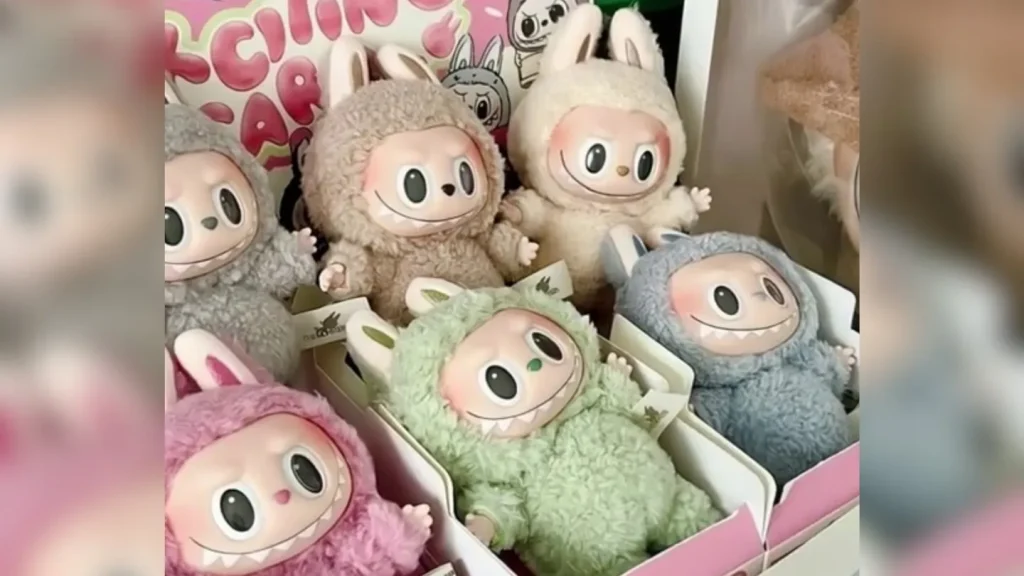Walk through any high street, scroll through TikTok, or peek into a Gen Z bedroom, and you’re almost guaranteed to find one—a fluffy, slightly creepy-looking Labubu doll hanging from a backpack or displayed on a shelf.
It’s just one part of a growing phenomenon. From Jellycats to Sonny Angels and blind box Pop Mart figures, trinket culture is thriving, and collectibles aimed at children are becoming a defining part of adult lives.
Sales data reflects the obsession. According to Daniel Fisher, Head of Categories at Whatnot, the platform has seen a 300% spike in Labubu live sales since March, with the number of sellers doubling in the same period. The trend became so intense that Pop Mart stores in the UK had to temporarily halt in-person sales of Labubus to manage overwhelming demand.
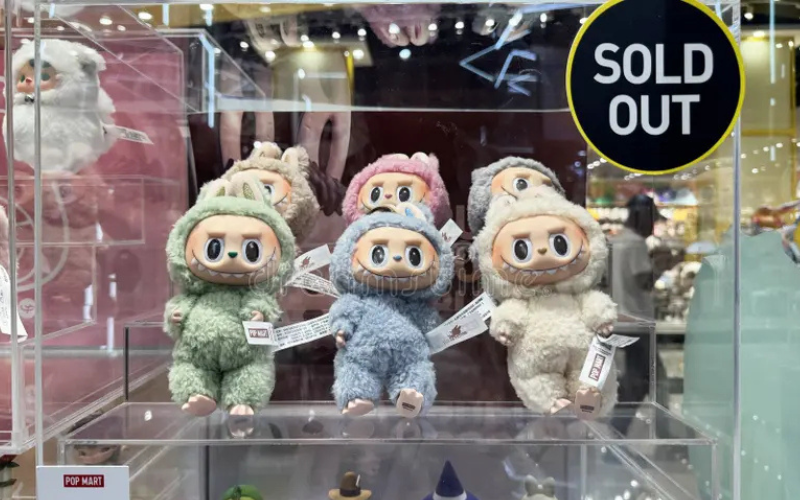
But behind the whimsical appeal lies a more serious message. To understand what’s really driving this trend, psychologists were consulted—and their insights are raising concern.
Chartered clinical psychologist Tracy King believes the popularity of trinkets like Labubu isn’t just about aesthetics or fun.
“On the surface, they’re fun and whimsical. But psychologically, they’re deeply symbolic,” she explained.
“These objects offer small, accessible moments of comfort, control, and identity in an unpredictable world.”
For many Gen Z individuals, traditional life markers like job security, home ownership, and career progression have become increasingly unattainable.
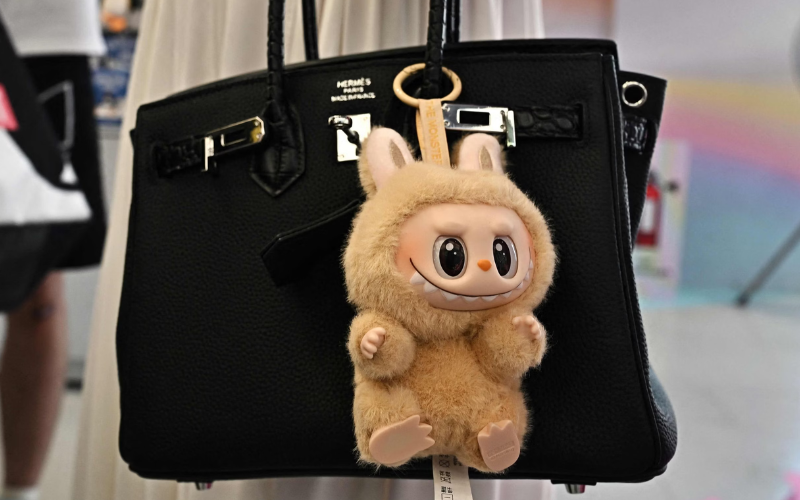
King says this shift has left many young adults looking for stability elsewhere.
“The old idea of the career ladder offered a sense of linear progression—work hard, move up, gain security.
But for Gen Z, that ladder has been replaced with something more like an escape room,” she said.
“You’re expected to solve problems with no clear instructions, hit invisible milestones, and often find the goalposts moving entirely.”
This is where Labubu steps in—not just as a cute collectible, but as a symbol of control in a world that feels out of reach.
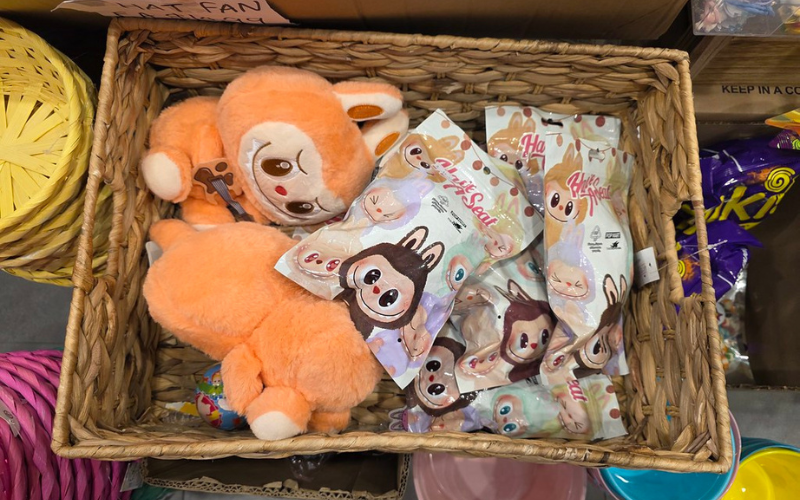
Psychologists explain that small collectibles offer manageable doses of joy, emotional grounding, and connection to a wider community.
“In this landscape, collectibles become something you can control,” King continued.
“They provide joy in manageable doses, and in a world full of uncertainty, buying a plushie in a strawberry hat becomes nervous system regulation.”
Psychologist Dr Daniel Glazer echoed this sentiment, noting that Gen Z has grown up amid economic challenges and global crises.
“Gen Z came of age during recessions and a pandemic, when conventional milestones felt postponed,” he said.
“So they redirect modest discretionary cash toward ‘micro-luxuries’ that deliver immediate control and joy.”
As for the childlike nature of the trend, King says it’s not about immaturity—but healing.
“These soft, playful objects evoke feelings of safety, care, and nostalgia, things that might’ve been missing or cut short in early life,” she explained.
“This is inner child work in action.”
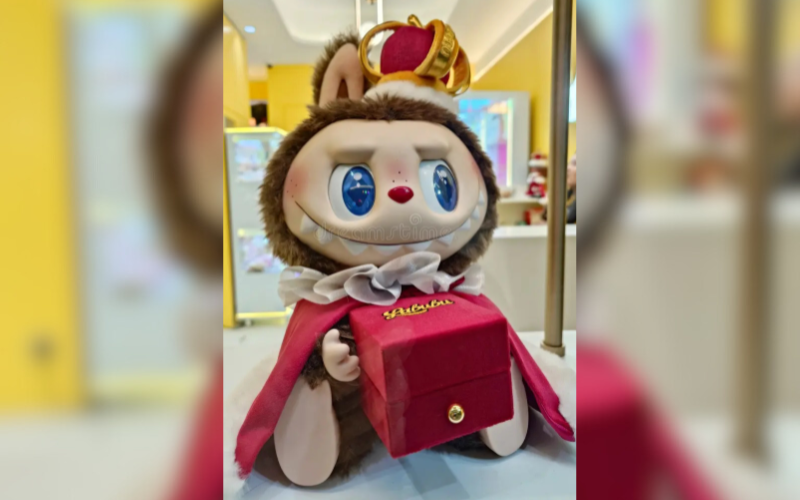
What might look like a harmless trend is, in reality, a psychological response to burnout and disconnection. And it’s not likely to fade soon. With celebrities like Dua Lipa and Lisa from Blackpink styling Labubu dolls as accessories, the craze is no longer just a toy trend—it’s embedded in fashion and culture.
“As long as society remains fragmented and demanding, people will continue to seek soft, small, symbolic ways to feel better,” King added.
“It’s not a shallow trend—it’s a psychological response to the demands of modern life.”
So while Labubu might seem like just another plush toy, for many Gen Z individuals, it represents something much more powerful—comfort, control, and a quiet form of emotional survival.

